From the Bench: The problem with passion
Nancy Hiller will tell you, when you're talking about having a passion for your work, it pays to know exactly what "passion" means.

Most of us think of passion in positive terms—like love on steroids, if you will. Regardless of whether your passion is ignited by a lover, a pre-Civil War farmhouse, or the prospect of brewing rare varieties of beer in your basement, a zillion books, seminars, and websites are available to advise you on following it, and many of them all but promise that doing what you love will translate to loving what you do.
Pursuing your passion is widely understood as a prescription for happiness and fulfillment. When you’re building furniture as an avocation, an activity outside of the work that provides your livelihood, it’s easy to maintain this understanding of passion. Feel uninspired? Run into a problem? Put the work away for a few days.
Take the leap from spare- to full-time practitioner, however, and the realities associated with making furniture day in and day out (stretches of mind-numbing monotony, minefields of bureaucracy, the occasional deranged customer, the need to negotiate between perfectionism and defaulting on your mortgage, not to mention ensuring you get paid enough to cover expenses and support yourself) tend to dampen the ardor. Hence the occasional warning you’ll hear about trying to make a living from work you love, lest you lose your passion.
The problem is, the popular understanding of passion is seriously flawed. The word passion comes from a Latin verb that means to suffer, undergo, experience, endure. While love is central to passion, passion is no easy kind of love. When we’re passionate about something, we’re driven. We serve our passion by dealing with the trying circumstances and sometimes maddening fallout that come in its train, every bit as much as by enjoying the satisfactions generated by our pursuit.
Doing what you love for a living demands that you cultivate a larger understanding of loving what you do—one that will accommodate the headaches, stress, sporadic income, difficult clients, occasional doldrums, and sleepless nights that can come with being self-employed. When you think about it, this is no different from the deeply committed love that grounds a long marriage, which may involve stretches of monotony, moments of doubt, tending to a sick spouse (or parent, or child) and the occasional hour or (let’s be honest) more of utter exasperation. As Vic Tesolin puts it, “being a pro woodworker means you are a slave to the grind. I’ve been there and it isn’t always pretty. It’s not often you get to do the kind of work that you want, and many times you are left begging to be paid for the work you complete—not to mention all of the other drudgery like bookkeeping, accounting, website upkeep, and marketing.
So let’s say you decide you’ve had enough of professional woodworking and look for another line of work. If you get hired, congratulations; you can experience a regular paycheck and the freedom to enjoy woodworking in your hours outside of the job. For many people, that’s the best of both worlds. But what if circumstances keep you in the game? What if you apply for other work, only to hear that they didn’t hire you because (a) they thought you wouldn’t want to work for an employer after running your own business for so long, (b) you’re “over qualified” or (c) they were sure you’d miss the work about which you’d been so passionate, and go back? This happened to me on multiple occasions. I needed an income so I went back to what I knew. I soon realized I would have to find a way to make peace with my work. Passion, in the truest sense, to the rescue.
Grappling with this work in the most existential ways has not resulted in me losing my passion, but in learning what a deeper form of passion entails.
So go ahead and do what you love. But please make sure you open your eyes before diving in.
Nancy R. Hiller is the owner of NR Hiller Design Inc. and the author of Making Things Work: Tales from a Cabinetmaker’s Life (Lost Art Press, 2020). Check out her blog in the “Pro’s Corner” on FineWoodworking.com.
From Fine Woodworking #282
 |
|
 |
|
 |
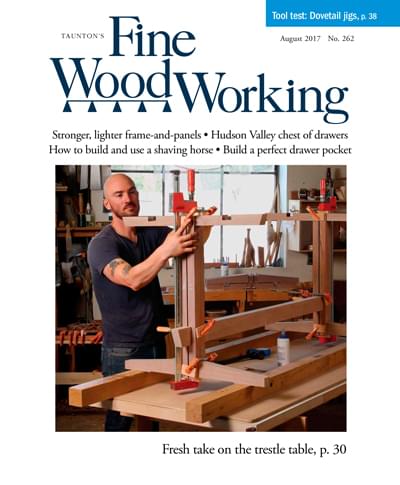



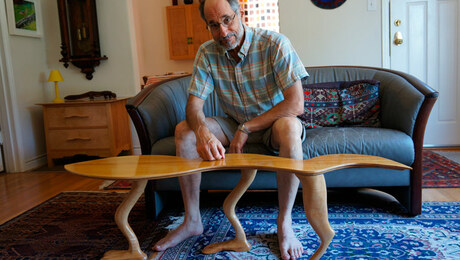


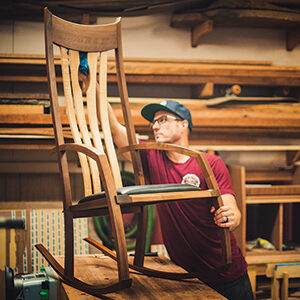


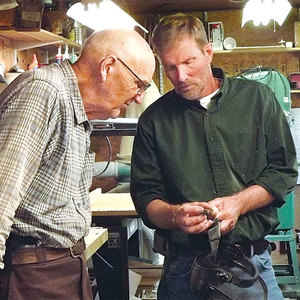







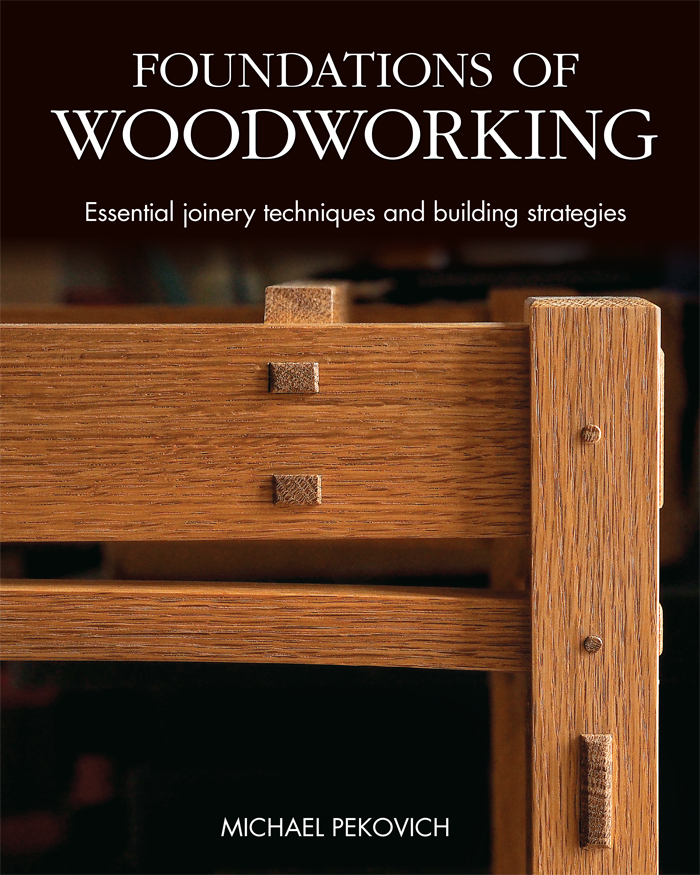

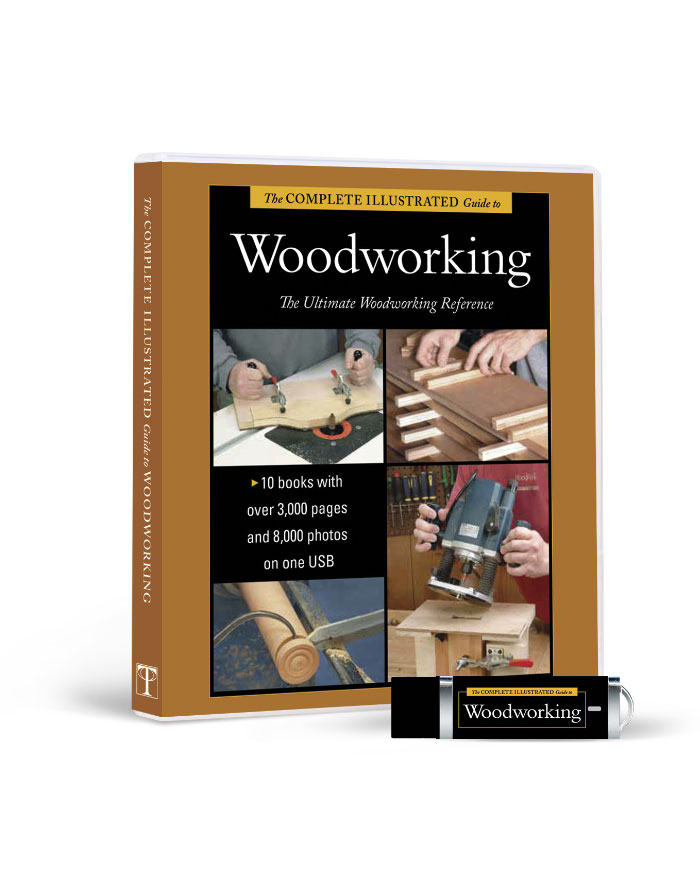






Comments
Thank you for this wonderful post.
My day job had lost its luster and I was thinking of woodworking as a full time job as well as going into academic teaching. What I finally discovered was that I simply needed to work somewhere else on the day job.
I love wood working but as you pointed out above, for me, I think it is best to be done as a hobby. Oh, and the teaching, I started doing that part time and I love it being just part time. None of the worries I would have if it were my full time career.
Beautifully written. This is a brilliant formulation, applying not just to woodworking and marriage: "Doing what you love for a living demands that you cultivate a larger understanding of loving what you do."
Like any artist you need patrons - people who know you and love you, share your passion, believe in your work, and always seem to order a piece just when things were getting really dicey. A spouse or partner with a steady job, and who loves you unconditionally, doesn't hurt either. Likewise family money, a trust fund, etc. is a plus. Anybody thinking of going down this road should look behind the curtain, so to speak, of their favorite more or less famous furniture-making idol. The likelihood is great that somebody else is shouldering the burden of monthly bills in order to indulge artistic urges. Otherwise, you'll know you're a 'real artist' when the choice is having the world class piece of furniture you just made professionally photographed, or having food to eat for the next few weeks. By the way, snapping pics with a scratched-up iPhone 5 twenty minutes before loading a piece for delivery is not professional photography.
The chance that you can hang out your shingle and produce at the very high end and a steady stream of new customers will just magically appear willing to pay fair price for your work is beyond remote. The alternative is building for a clientele that has no clue what professional fine furniture making is all about, and expects your pricing to be within ball park of pieces available from their friendly department or other store. If you choose, or have chosen for you, the latter route then put a bankruptcy attorney on speed dial. You're going to need one. In other words, good damn luck competing with Ikea.
People who sit around calculating shop hourly rates and overhead application rates as if they were involved in anything but an artistic endeavor, and 'value bill' accordingly, are doomed to fail. Take up accountancy instead, or learn the hard way what an idle capacity variance really means - which is that all your other calculations are meaningless if you don't have work.
I asked around some of our mutual friends when I was considering a career change. One response was, "The world is full of ex-custom furniture makers who are paying off IRS debts." That was all I needed to hear. But glad you are making a go of it.
Log in or create an account to post a comment.
Sign up Log in